Perceptibly, the constitutional nicety tells that article 370 of the constitution of India, at the present, stands on the cross roads of confrontationist approach between political as well as emotional predicaments and constitutional convivialities. The contentious notority of political and emotional aspects has made the ongoing debate on article 370 too knotty to seek for an helping hand to bring it out from the self woven cobweb. Its retention in the supreme lex may be a political compulsion; its deletion or abrogation from the supreme lex may be a political necessity. Be that as it may, the constitutional legal imperatives of the debate alone necessitate and to move on those assumptions which need heuristic verification or refutation thus evolving a de novo constitutional politics, viz., does article 370 suffer from the banishment of principles or the folly, shortsightedness, or wickedness of man?; does not the retention of article 370 permeate the feelings of alienation, or disintegration, or disunity thus affecting the very fabric of the trinity of the social justice avowed in the constitution of India?; should the temporary or transitory provision of the constitution be allowed to perpetuate thus perpetuating alienation?; does its mode, manner as well as language not affect the constitutional culture, constitutional morality–textually and contextually both?; does its process not destroy the basic structure of the constitution itself?’ does it not send the signal of vice of artificiality?’ does the plea of its entrenchment not lead to the erosion of the constitutional avowed mandate, i.e. weakening the constitutional promise of trinity–"fraternity, unity and integrity"? These are some of the problematic constitutional issues in the arena of ongoing debate on article 370; there may be many more issues. These issues, indeed, call for an indepth examination for having unshakeable insights. However, these legal issues, unequivocally, tell that its deletion or retention should no longer be the domain of any political ideology, but he political elites must now take a realistic or pragmatic, and not escapist, vision of the whole gamut of the problem. Such a perception alone would yield a plausible solution to this knotty problem.
Moot Court and Mock Trials: Art to and Art of Advocacy: Essentials of Court Craft
The traditional system of ...
$36.00
$40.00


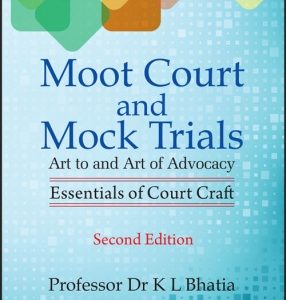
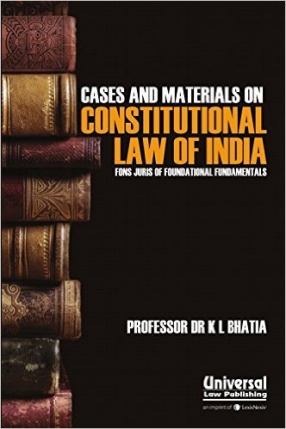
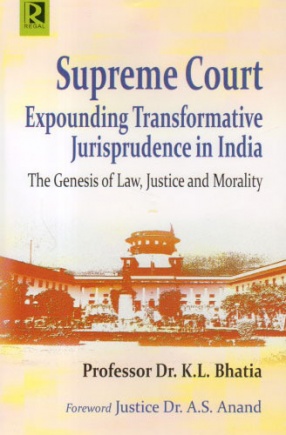
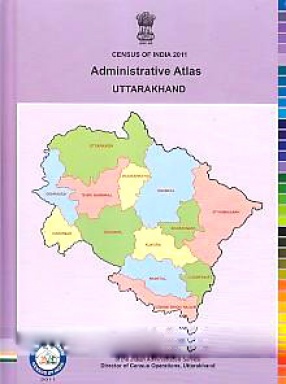
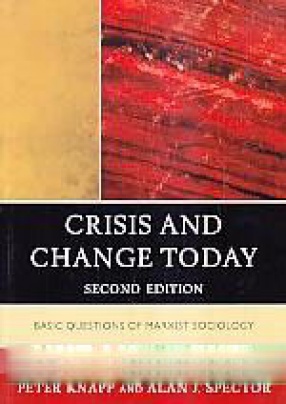
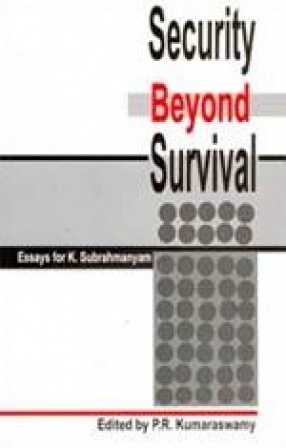
There are no reviews yet.